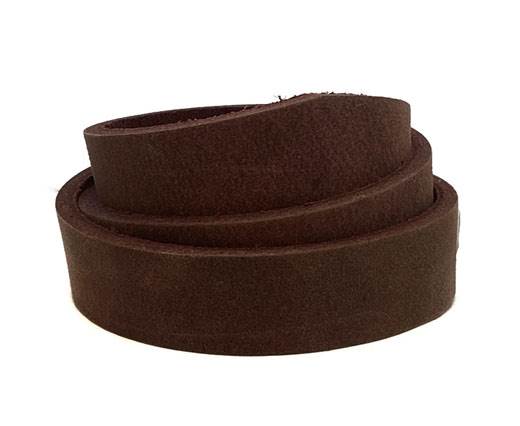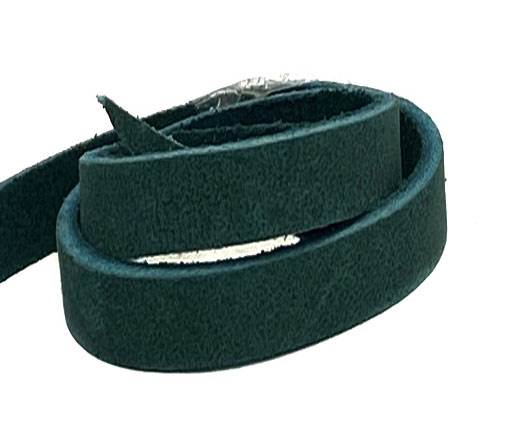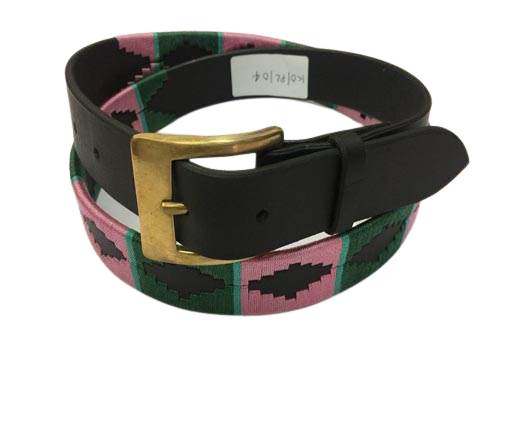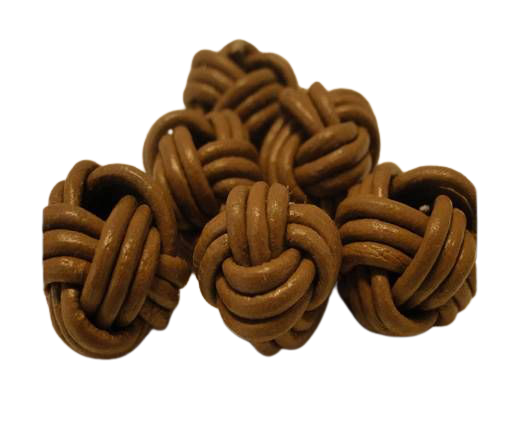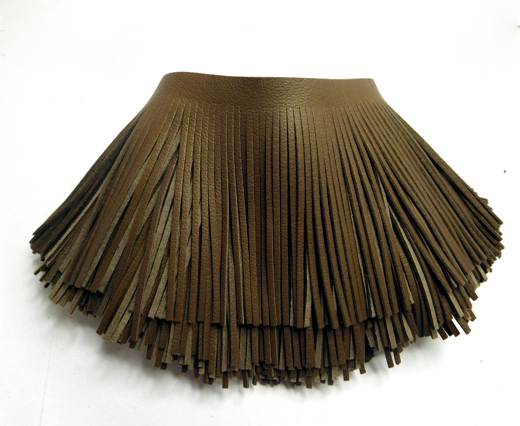Industries Leading Global Leather Use
Industries Leading Global Leather Use
Introduction to the Global Leather Industry
Leather is synonymous with luxury, durability, and timeless appeal. From the soft sheen of a designer handbag to the rugged resilience of leather car seats, this versatile material finds its way into numerous facets of our lives. But have you ever wondered which industries use the most leather globally? If you're a fashion enthusiast or a small business owner curious about leather's role in various sectors, this post is for you. Join us as we explore the top leather-using industries, environmental and ethical concerns, and the future of leather with a focus on sustainability.
Overview of the Top Leather-Using Industries
Fashion Industry
The fashion industry, undoubtedly, is the king of leather usage. From high-end couture to fast fashion, leather goods—including jackets, belts, shoes, and handbags—are staples. Leather is prized for its durability, versatility, and aesthetic appeal, making it a go-to material for designers.
Automotive Industry
Next on the list is the automotive sector. Leather seats and interiors are synonymous with luxury and comfort in vehicles. Despite the growing trend of vegan and synthetic materials, traditional leather remains a top choice for premium and luxury automobiles.
Furniture Industry
The furniture industry also consumes vast amounts of leather. Leather sofas, chairs, and other furnishings offer a classic look combined with practical benefits like durability and ease of maintenance. Leather furniture often signifies quality and luxury in home décor.
Other Notable Industries
In addition to these main sectors, leather finds use in various other industries, including sports equipment, aviation, and even technology, where leather cases and accessories are popular.
Environmental and Ethical Concerns Surrounding Leather Production
Environmental Impact
The leather industry has long been criticized for its environmental footprint. The tanning process involves chemicals that can be harmful to the environment if not properly managed. Additionally, livestock farming for leather contributes to greenhouse gas emissions.
Ethical Issues
Ethical concerns also loom large. Animal rights organizations have highlighted the animal welfare issues associated with leather production. Poor working conditions in leather processing factories are another significant concern.
Mitigation Efforts
Many companies are taking steps to address these concerns. Sustainable practices, such as using vegetable tanning methods and sourcing leather from ethical farms, are becoming more common. Brands like Sun Enterprises, which supply leather cords, are focusing on more sustainable leather options.
The Appeal and Endurance of Leather in Fashion
Timeless Elegance
Leather's timeless appeal in fashion cannot be overstated. Its ability to age beautifully and develop a unique patina makes it a favorite among designers and consumers alike.
Versatility
Leather's versatility means it can be used in a range of products, from shoes to accessories. Its ability to be dyed, embossed, or treated in various ways adds to its allure.
Durability
One of leather's standout features is its durability. High-quality leather products can last a lifetime if well cared for, making them a worthwhile investment.
How Small Businesses Can Source Ethical Leather
Ethical Suppliers
Small business owners looking to source ethical leather have more options than ever. Suppliers like Sun Enterprises offer sustainable leather cords and other products, ensuring that your business aligns with ethical standards.
Certifications
Look for certifications such as the Leather Working Group (LWG) certification, which ensures that the leather has been produced responsibly.
Transparency
Transparency in the supply chain is crucial. Ensure that your suppliers can provide detailed information about the sourcing and production processes.
The Future of the Leather Industry – Innovations and Sustainability Efforts
Technological Innovations
The leather industry is not immune to technological advancements. Innovations like lab-grown leather and biodegradable leather are paving the way for a more sustainable future.
Sustainable Practices
Sustainability is becoming increasingly important. Many companies are adopting practices like recycling leather scraps and using eco-friendly tanning methods.
Market Trends
The demand for sustainable and ethical leather is growing. Consumers are becoming more conscious of their purchasing decisions, driving the market towards more responsible practices.

Conclusion – Leather’s Role in Various Industries and the Importance of Ethical Sourcing
Leather remains a highly valued material across multiple industries, from fashion and automotive to furniture. However, the environmental and ethical concerns surrounding its production cannot be ignored. By focusing on ethical sourcing and sustainability, businesses can continue to enjoy the benefits of leather without compromising their values.. If you're looking to source ethical leather cords, consider suppliers like Sun Enterprises.










































